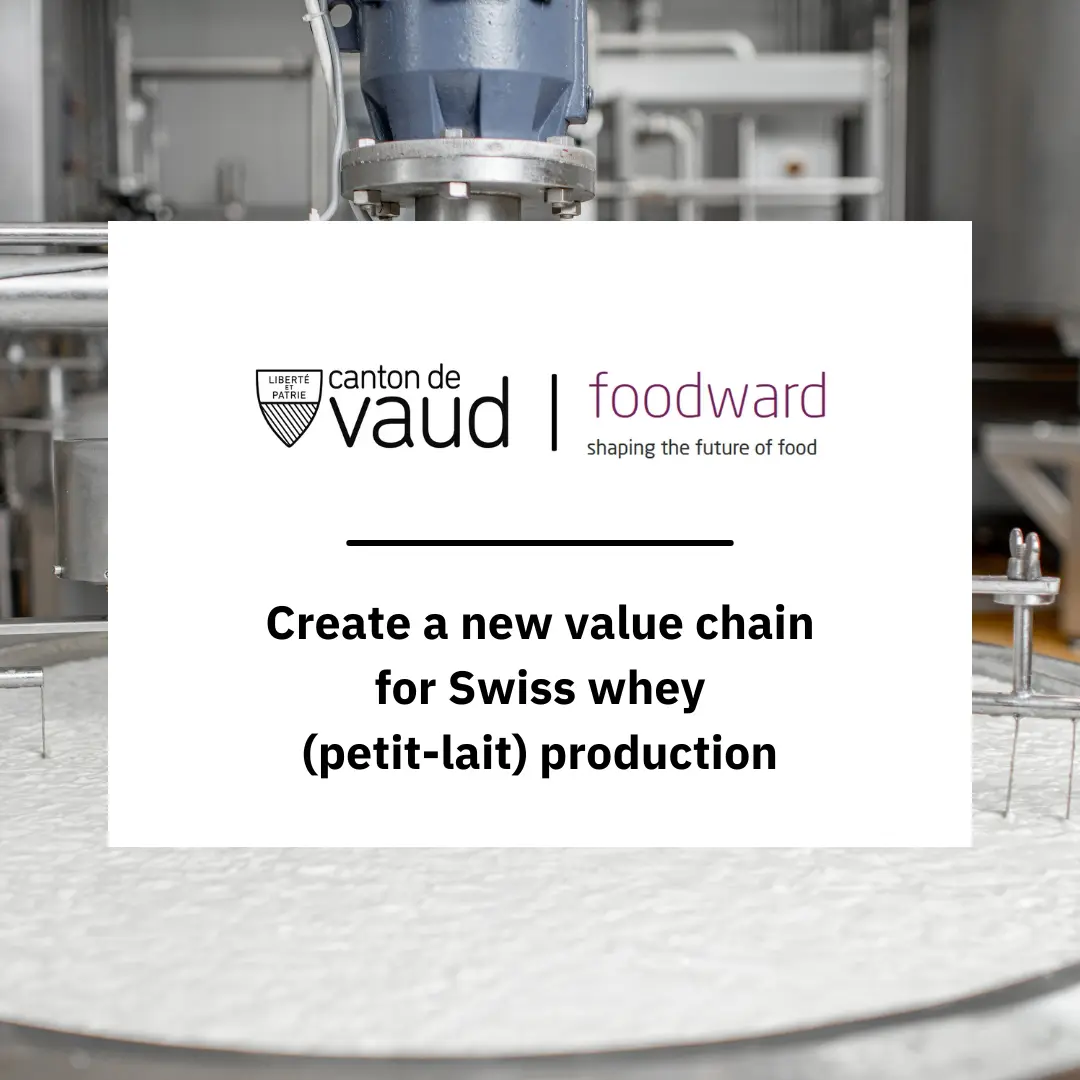
Transformative Projects
Through Transformative Projects, SMT Master students solve applied, real-life interdisciplinary issues in the fields of technology, management, and sustainability

Solving applied, real-life interdisciplinary issues in the fields of technology, management, and sustainability
Teams of 3-4 students from different disciplines work together over three months on a topic developed by a company with the objective to propose new perspectives and solutions that can have the potential to transform industry or societal practices.
Discover what our students and partners say about the Transformative Projects.
Contact us
To learn more about the Transformative Projects, or propose projects for the next cohort, please reach out to fnzhry.jvpxv@rcsy.pu.
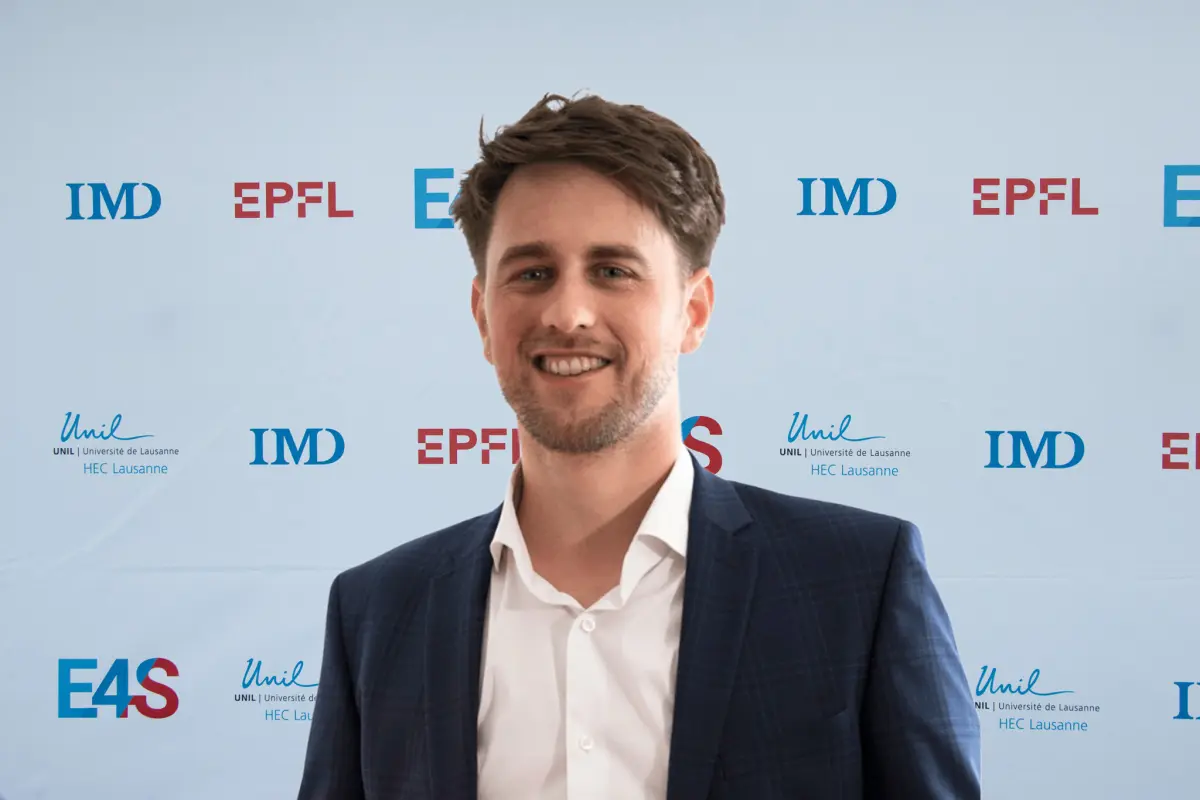
Discover the projects

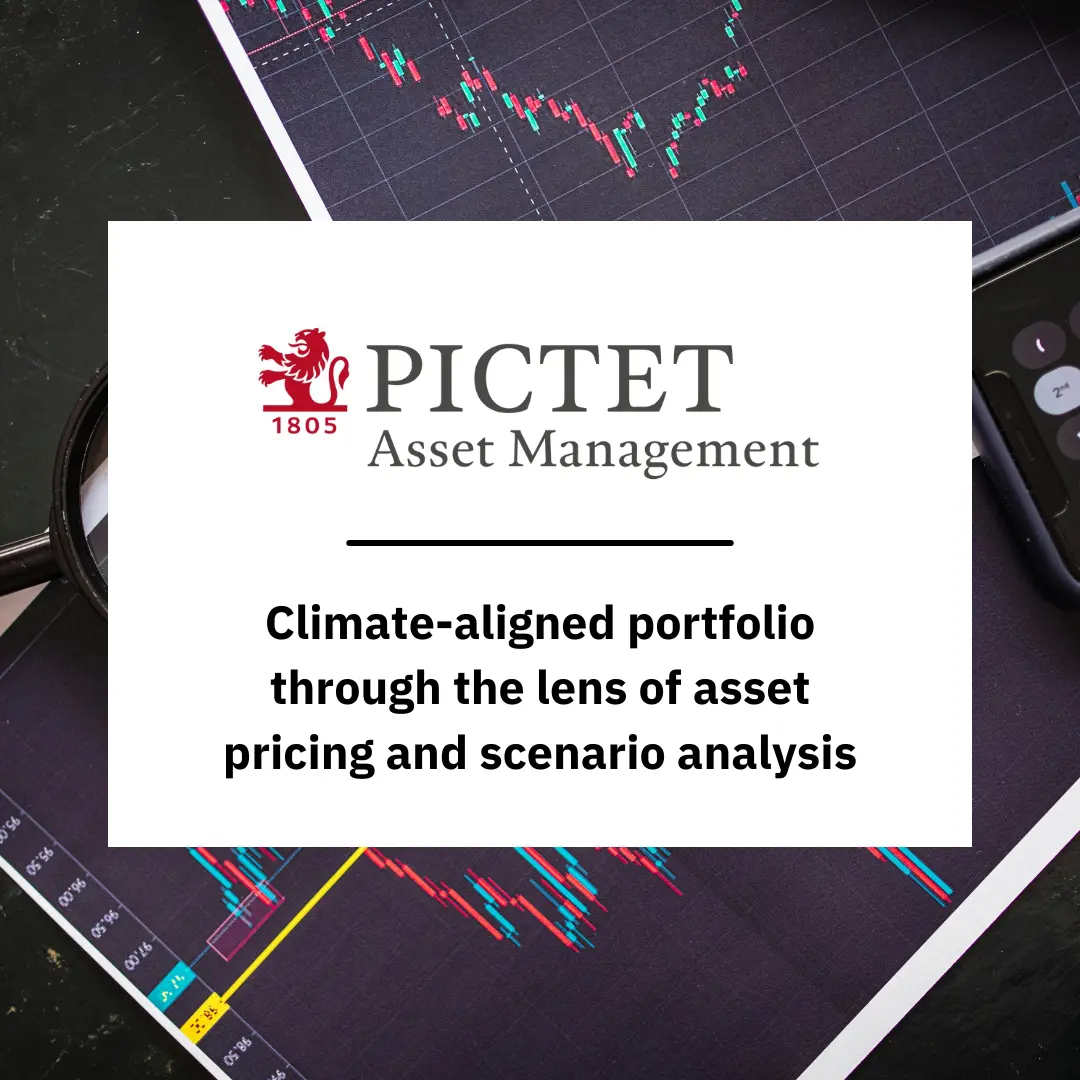
Pictet Asset Management: Climate-aligned portfolio through the lens of asset pricing and scenario analysis
Read more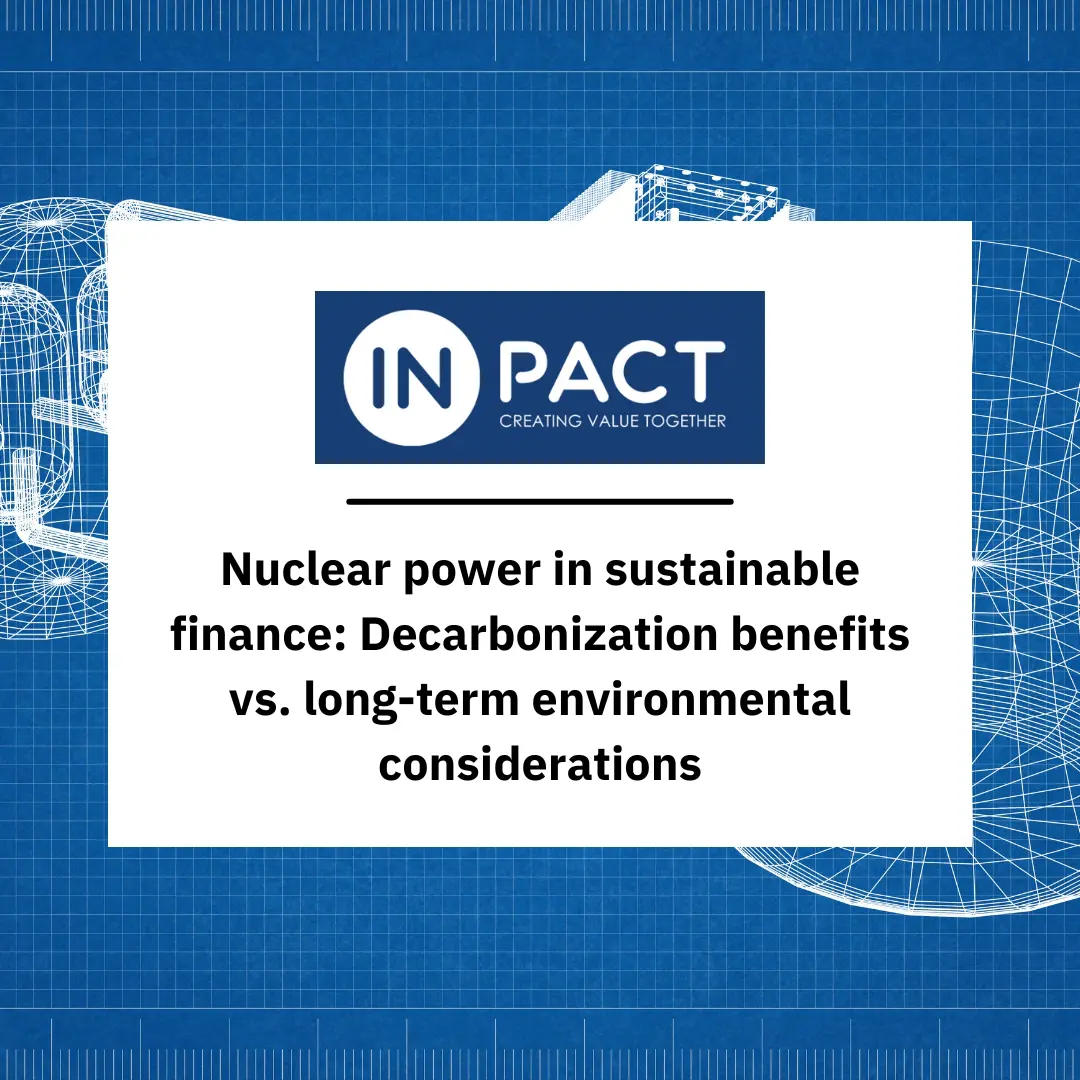
InPact Partners: Nuclear Power in Sust. Finance: Decarbonization Benefits vs Long-Term Environmental Considerations
Read more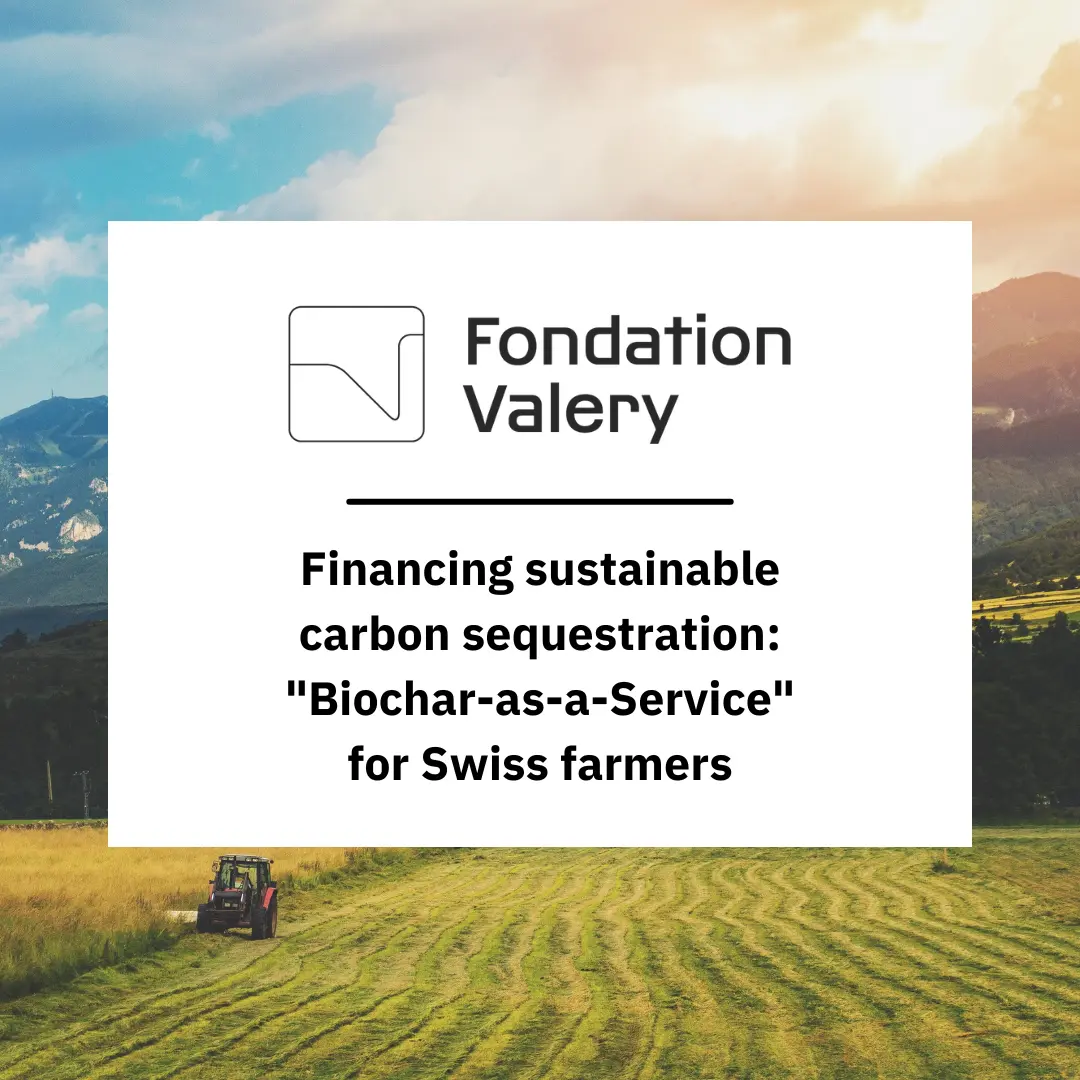
Fondation Valery: Financing Sustainable Carbon Sequestration: “Biochar-as-a-Service” for Swiss Farmers
Read more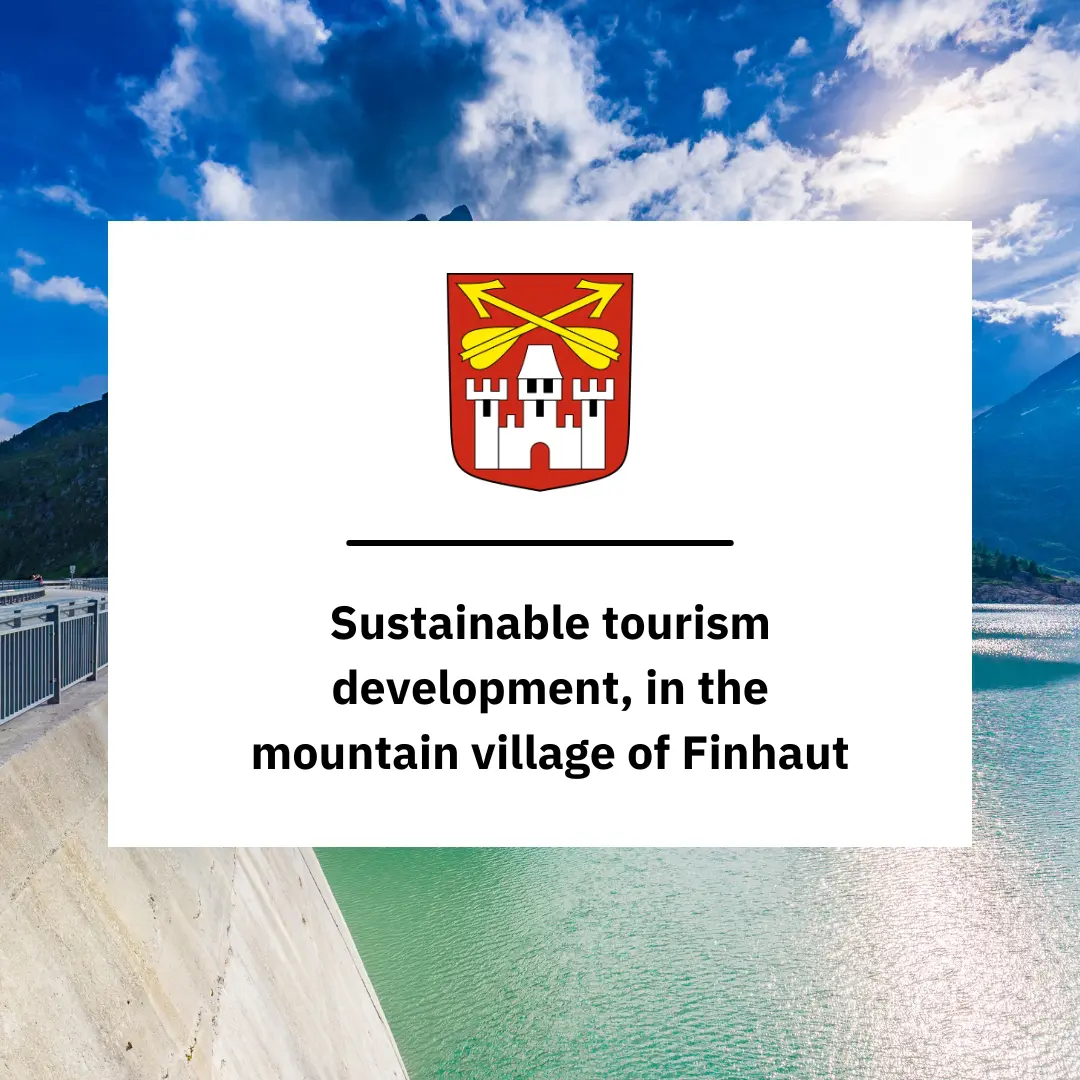
Municipality of Finhaut: Sustainable tourism development, in the mountain village of Finhaut
Read more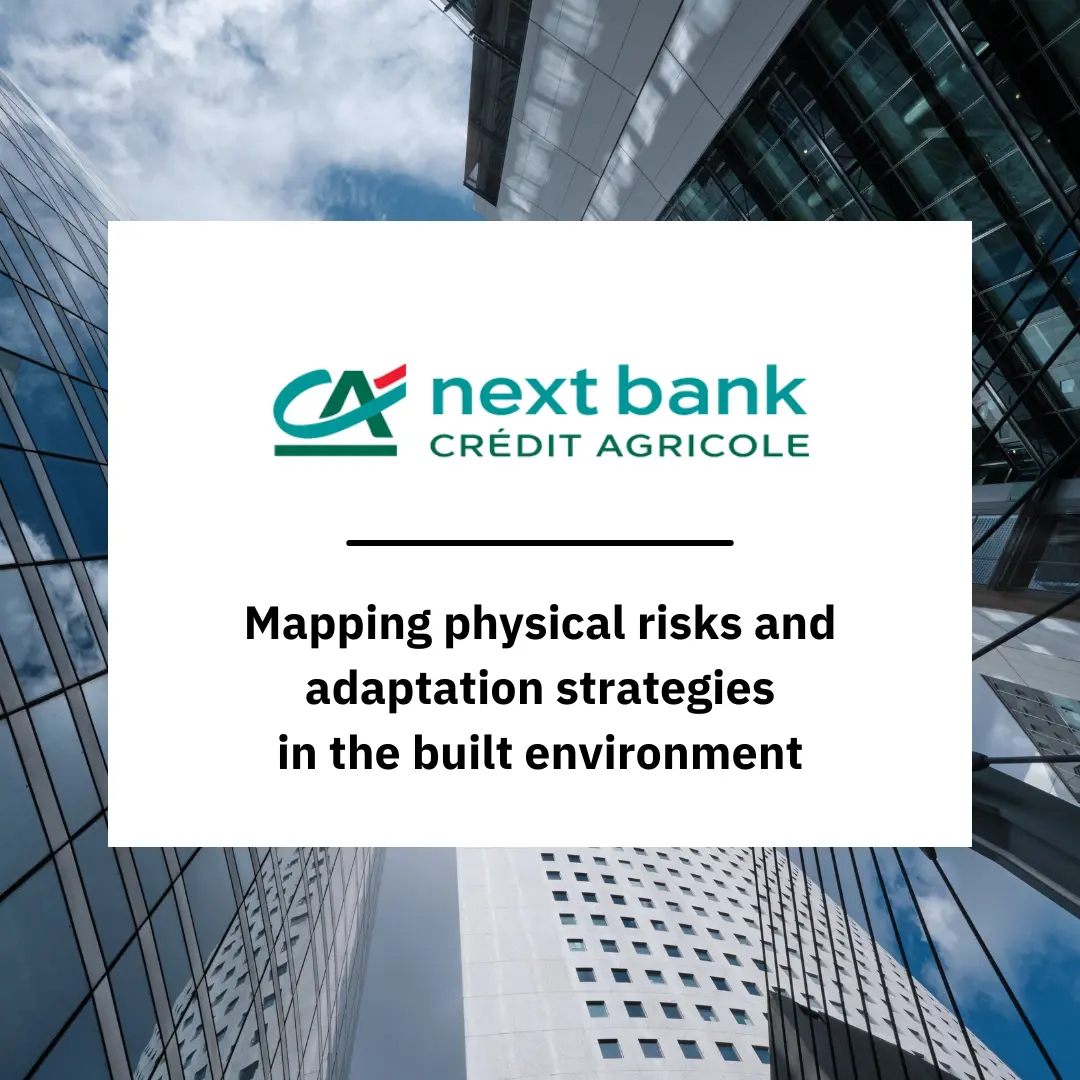
Crédit Agricole next bank: Mapping physical risks and adaptation strategies in the built environment
Read more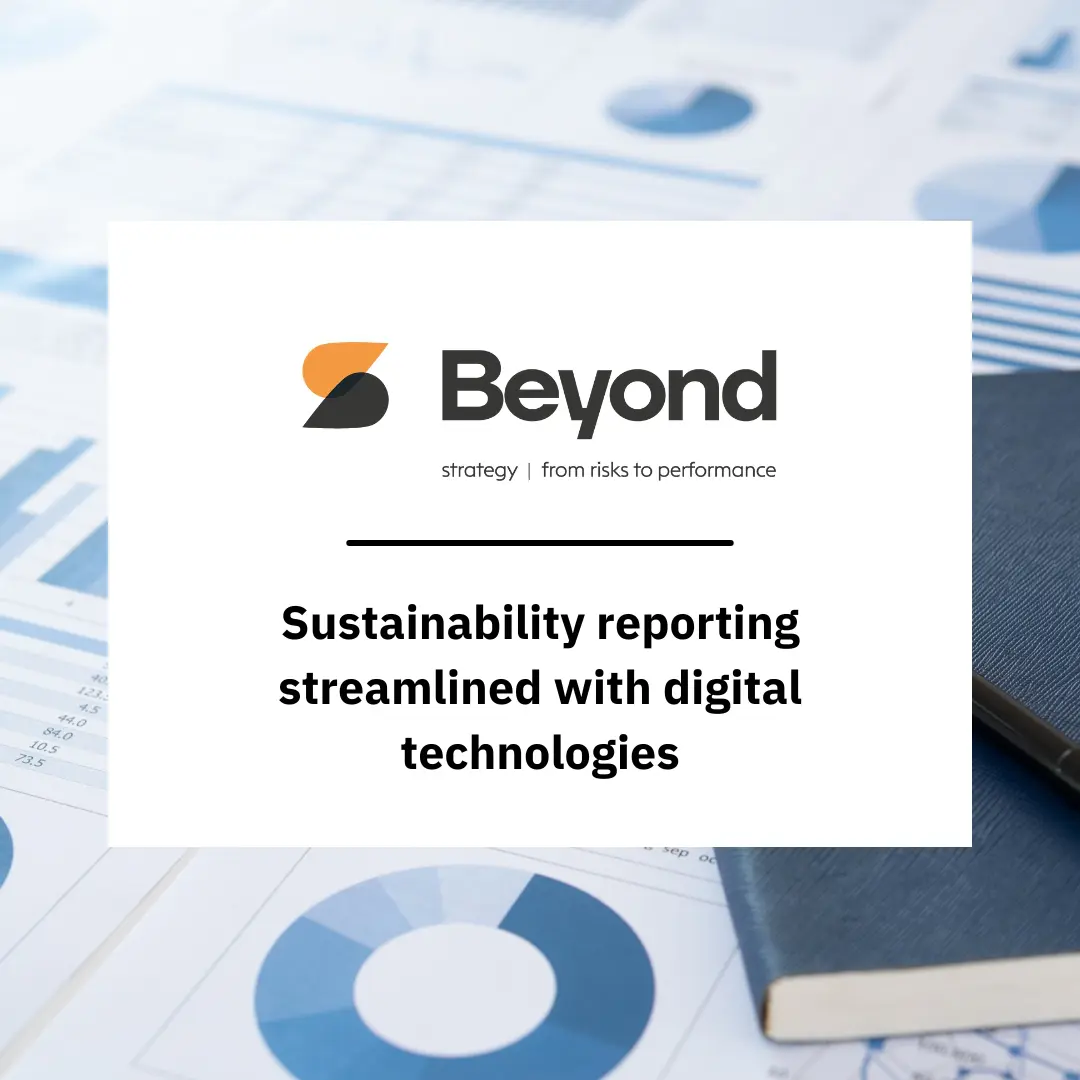
BeyondStrategy: Sustainability reporting streamlined with digital technologies
Read more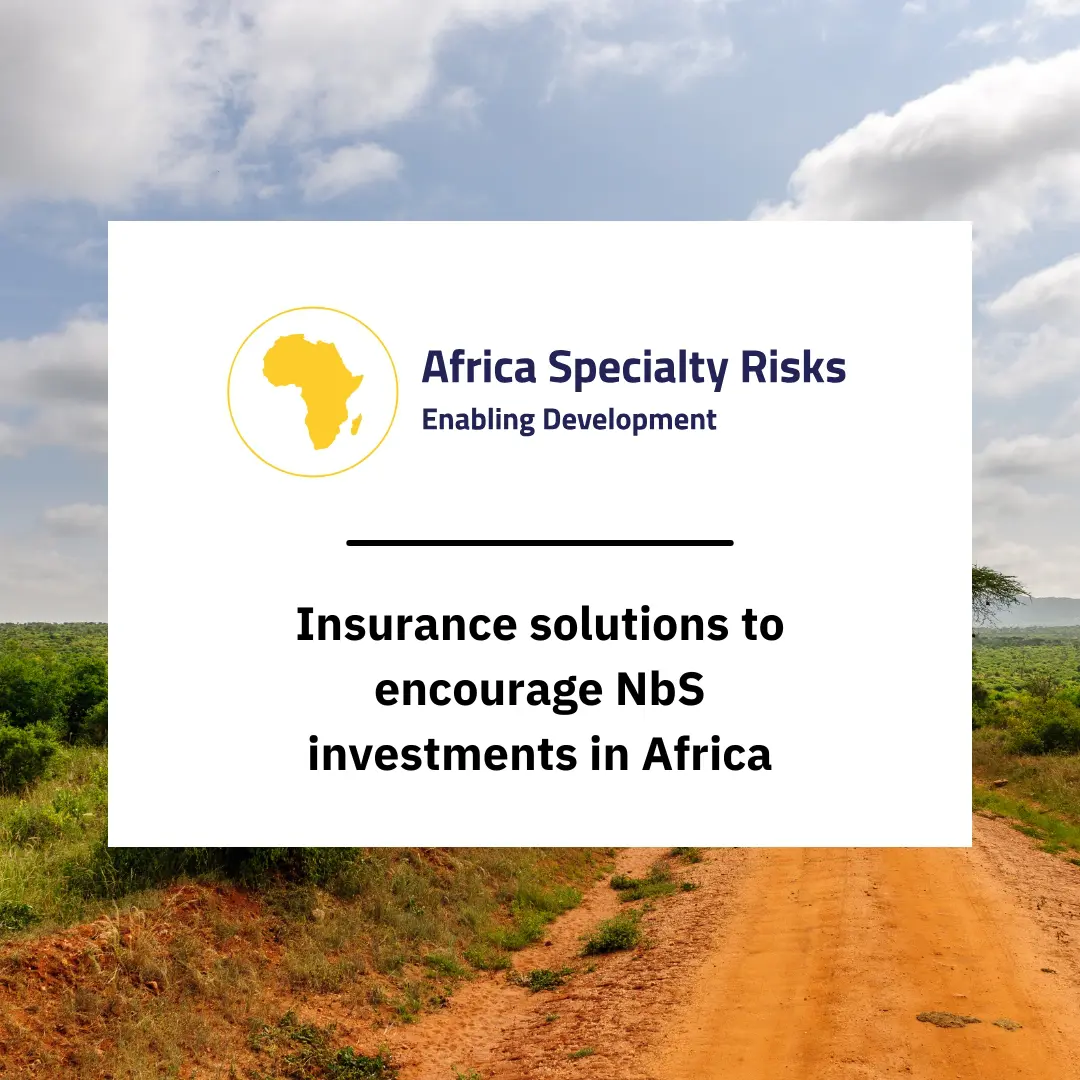
Africa Specialty Risk: Insurance solutions to encourage Nature based Solutions investments in Africa
Read more